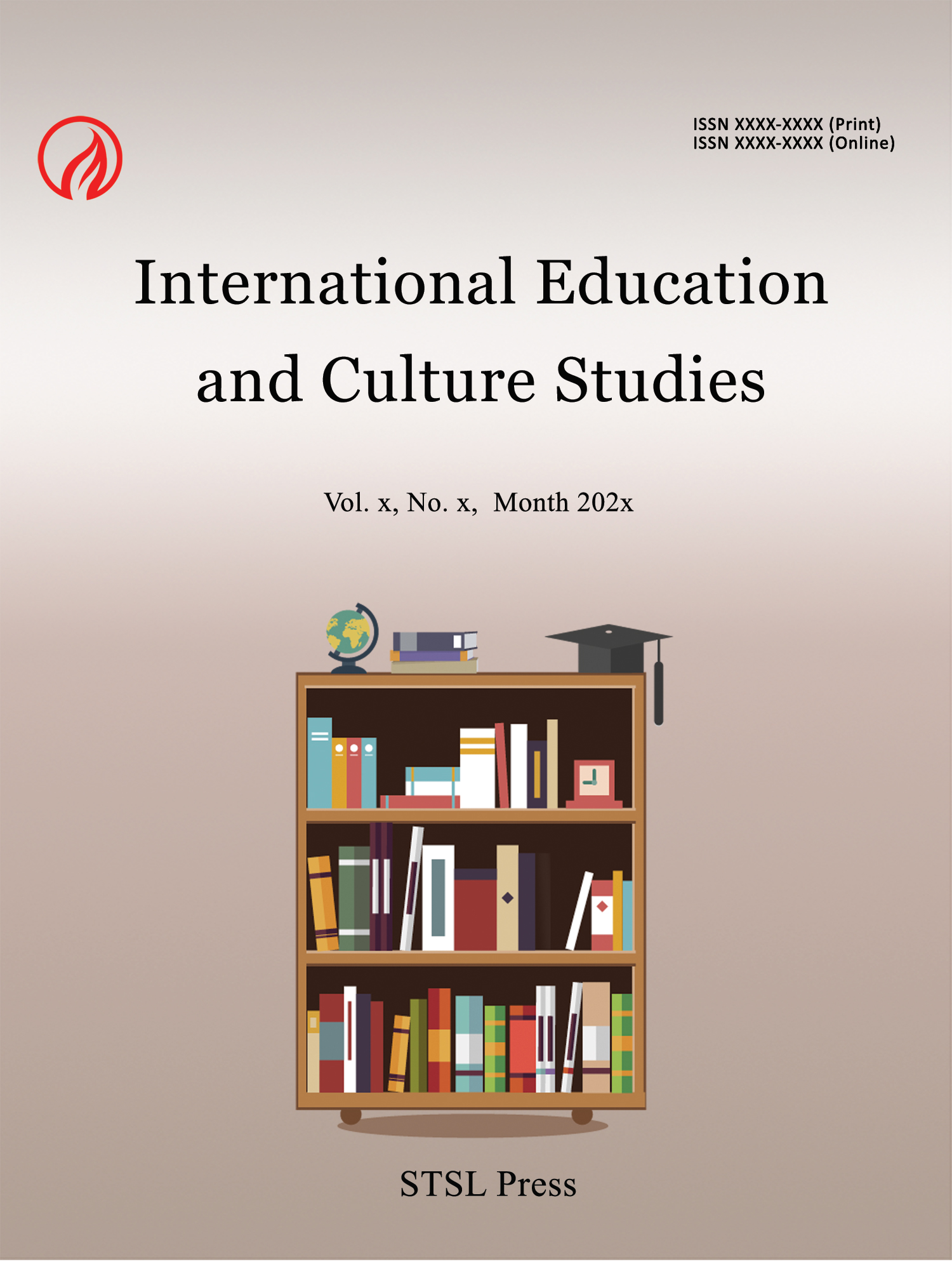Assessment of Skills for Behaviour Change Taught to Learners with Emotional and Behaviour Disorders in Juvenile Rehabilitation Schools in Kenya
James Muthomi Rintaugu
Dr. Madrine G. King’endo
Abstract
Learners with Emotional and Behaviour disorders are included in the category of learners with Special Needs Education. However in Kenyan perspective, there is a challenge as to how these children are guided in achieving their best in life. This study assessed skills taught for behaviour change among learners with EBD in Juvenile rehabilitation schools in Kenya. The Social learning theory and cross sectional descriptive research design were used to guide the study. The targeted population comprised of all the learners in Rehabilitations schools and the managers in Kenya. The learners were 466 boys, 160 girls and 20 managers. There were a total of 646 respondents. The population was sampled using probabilistic sampling techniques. Stratified random sampling technique was considered to sample the gender and duration of interaction with the rehabilitation programme. Questionnaires, interview schedules, focus group discussion, document analysis and observation schedules were used for data collection. Quantitative data collected was entered, coded and analyzed using descriptive statistics and presented graphically. Qualitative data was coded, reviewed for patterns and emerging themes and finally reported narrative. On study findings, skills taught (academic and vocational), were not adapted to cater for learners with EBD. That enriched academic and skills competency lacked among staff (teaching, specialized and support) to address today’s challenges of learners with EBD. The study recommended the Kenya Institute of Curriculum Development (KICD) should develop guidelines for adaptation of the skills taught in RS to cater for each learner’s special needs.
Paper:
pdf
DOI:
https://doi.org/10.71002/iecs.v1n1p15
 This work is licensed under a
Creative Commons Attribution 4.0 License.
This work is licensed under a
Creative Commons Attribution 4.0 License.
Contact us
- Jerry Lee
- iecs@stslpress.org
